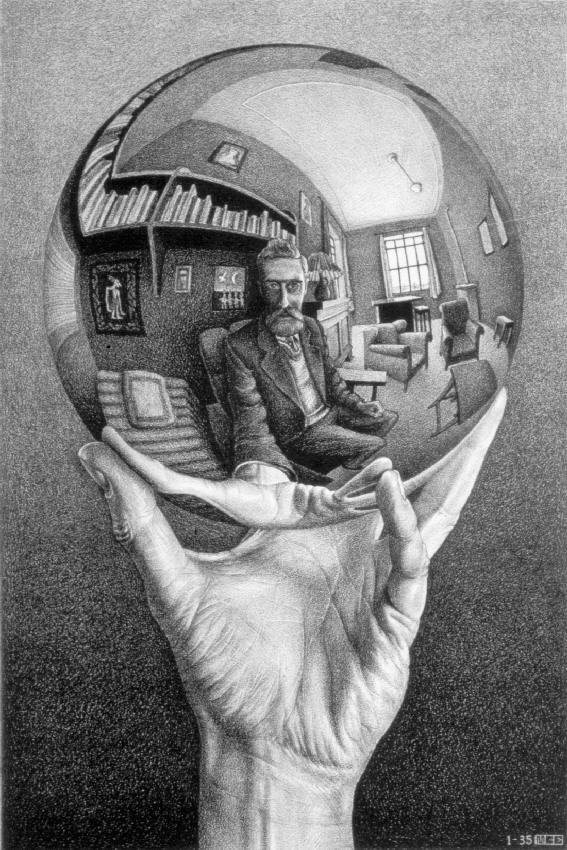Projects

Rationality in the Flesh
Uppsala, Sweden
The research project is intended to investigate the hypothesis that the body has its own kind of rationality. It takes place on the basis of CRS and in collaboration with Professor Anne Kubai (CEMFOR) and Dr Ebba Elwin (Psychology Faculty). The project is supervised by Professors Mikael Stenmark and Ulf Zakariasson (Theology faculty)
Irrationality is often held responsible for our biased treatment of people of different races and genders, and faults in decision-making. However, recent empirical research shows that irrationality is sometimes preferable to rationality: even simplest decisions, like choosing a meal from menu, cannot be made by emotionless reasoning only; religious faith helps to recover from surgery and is conducive to mental health; faith in success of a relationship makes it more successful. These findings challenge a standard conception of rationality, according to which following reason is a reliable path to knowledge and wellbeing. Is our conception of rationality wrong?
I argue that in order to understand such cases we have to take the role of human body into account. Body affects human cognition and decision-making through emotions, intuitions, etc., that often go unnoticed by our conscious mind. When offered to choose an object, people prefer that on their right hand side without realising that. Such circumstances, as left and right, insubstantial for rational decision-making, have crucial importance for our body. Bodily influence is structured and predictable, thus I hypothesise that body has its own kind of rationality. This study will develop and test this hypothesis by analysing the cases of irrationality with positive and negative outcomes. It will involve a re-reading of empirical material of religious studies and psychology through the lens of the hypothesis of bodily rationality.
Bridging Beliefs and Practices
University of Birmingham, University of Leeds, UK
The project was completed under supervision of Professors Yujin Nagasawa, Mark Wynn and David Cheetham in 2018.
The aim of the project was to bridge the gap between theoretical and empirical studies of religion, which up till now developed separately, as the studies of beliefs and the studies of practices. This will be done by means of elucidating the properties of beliefs and their relation to human embodied religious practices. I decided to take the best of empirical investigations (phenomenology and the most prominent results of religious studies) and the best of theoretical investigation (analytic philosophy) and make a conceptual work to bridge them.
As a methodological basis for this work I have chosen the embodied approaches, as they present a link between phenomenological descriptions and strict analytical conceptualizations. Body is a medium between beliefs and practices, thus the concept of belief will be developed in relation to the practice with a body as a focal point and a key source of conceptualizations. The results of the research will be presented in clear-cut analytical terms, easy to use not only by empirical and theoretical researchers of religion, but also by participants of interreligious dialogue, thus contributing to mutual understanding and religious tolerance. I aim to provide a proper, detailed and accurate account of the properties of beliefs in their relation to practice by conceptualizing the results of empirical studies in clear-cut analytical terms.
